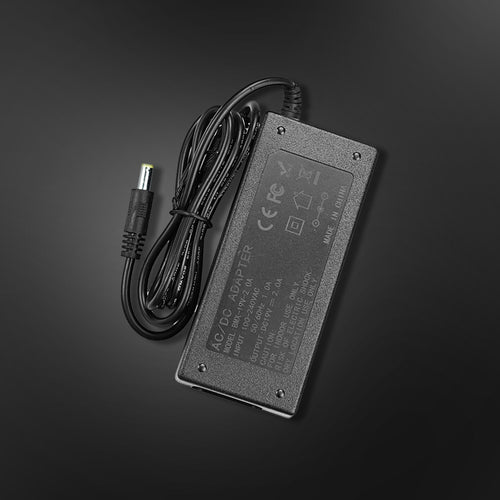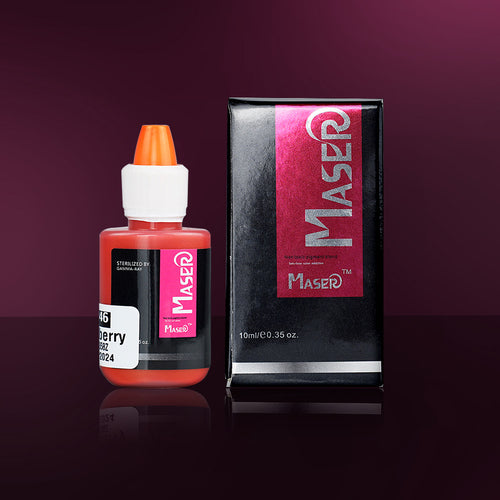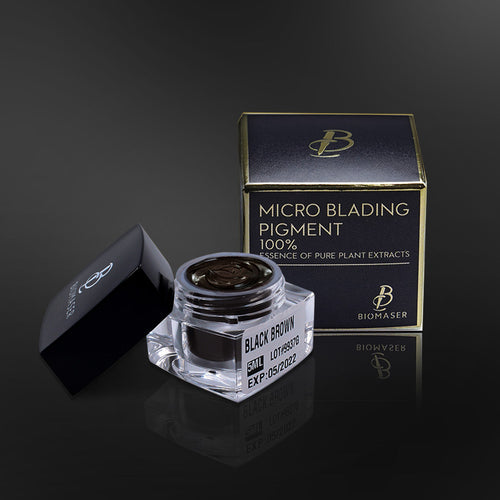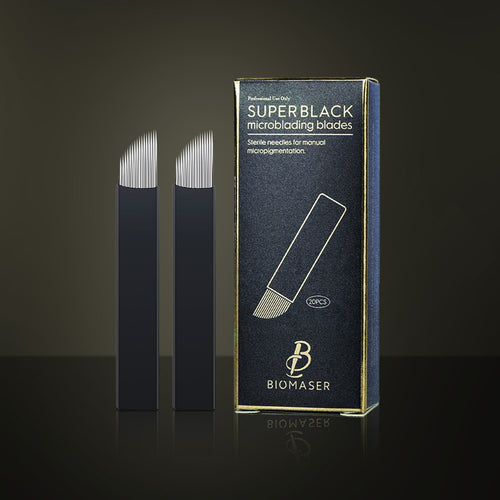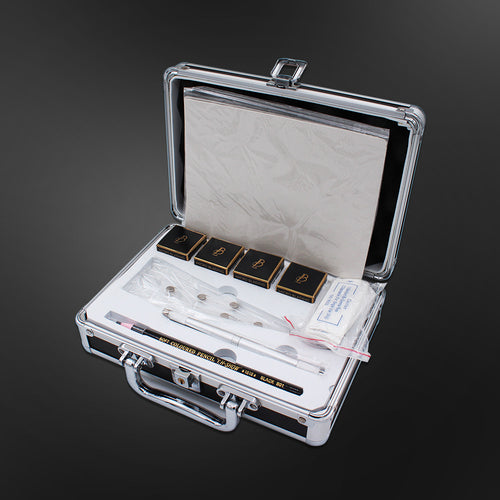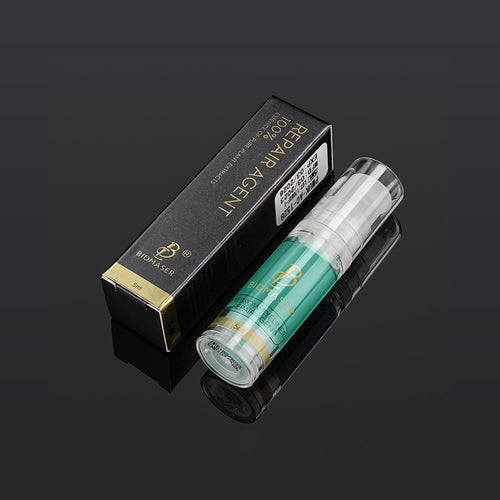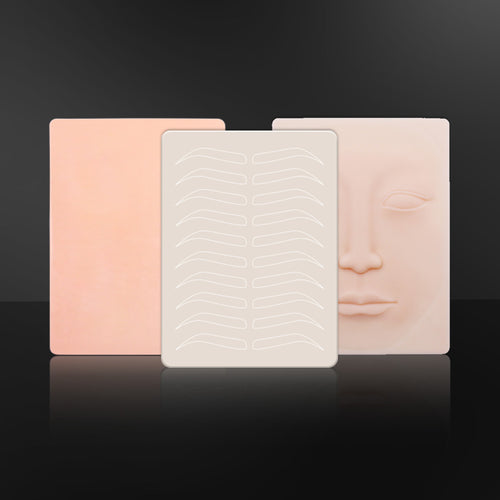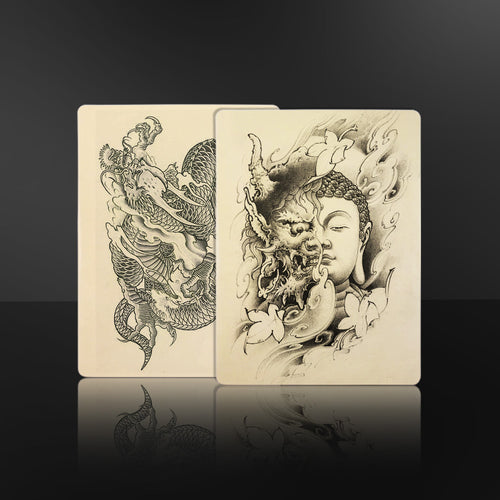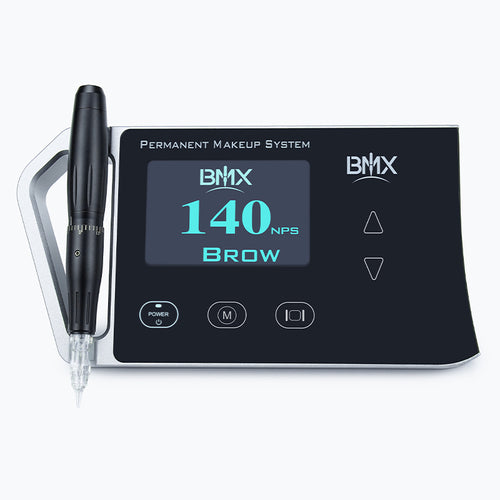How Tattoos Are Portrayed in Mainstream Comics and Graphic Novels

From villain marks to superhero emblems, tattoos have developed from basic visual aspects to potent narrative devices in comics and graphic novels. Their portrayal captures the shifting sentiments of society and gives cherished characters complexity.
Why There Are Tattooed Characters in Comics and Graphic Novels
First, let's explore why creators choose to ink up their characters and what these permanent marks really mean.
Tattooed Characters Tell Stories Without Words
Tattoos could be considered as a character's personal history book, written right on their skin. Take Warpath, whose traditional Native American tattoos aren't just decoration – they're a constant reminder of his heritage and the values he carries with him into battle. Or consider El Diablo, whose full-body tattoos tell the story of his transformation from street gang member to reluctant hero, each marking a chapter in his complicated past.
Tattoos Turn Into Superpowers
Some characters' tattoos serve as part of their powers themselves, beyond basic design. DC Comics' appropriately called Tattooed Man can bring his ink to life, turning tattoos into actual weapons and tools. It's a direct illustration of how individual work turns into power. Then there is Crying Freeman, whose teardrops reflect the humanity he battles to preserve in his role as an assassin, not only marks of his killings.
Tattoos Make Characters Feel Real
As tattoos have moved from the margins to the mainstream in real life, comics have followed suit. Modern characters like Harley Quinn, whose newer iterations sport distinctive tattoos, reflect how body art has become a common form of self-expression. These design choices help characters feel more grounded and relatable to today's readers.
Tattooed Characters Break All the Rules
Tattooed characters often represent those who live outside society's norms – the rebels, the outsiders, the game-changers. Spider Jerusalem from "Transmetropolitan" uses his tattoos as both armor and statement, marking himself as someone who refuses to play by the rules. His ink becomes a visual shorthand for his rebellious nature and uncompromising pursuit of truth.
Tattoos Bridge Different Cultures
Characters like Shado, with her dramatic dragon tattoo marking her connection to the Yakuza, show how tattoos can bridge different cultural narratives. Her ink represents not just her personal story, but ties her to a rich tradition of Japanese tattoo artistry and symbolism.
Iconic Inked Characters That Left Their Mark on Pop Culture
Besides the above examples, let me share some of the most memorable tattooed characters in comics and animation with a fun twist!
Spider Tattoos That Mean Serious Business
Let's start with the Phantom Troupe from Hunter x Hunter. These guys take team spirit to a whole new level with their matching spider tattoos! Each member rocks a numbered spider tattoo that shows they're part of this super-dangerous (but super-stylish) gang. It's like a deadly version of friendship bracelets – just way more permanent and way more scary!
The Most Expensive Tattoo Mistake Ever
Remember Ace from One Piece? His back tattoo showing the Whitebeard Pirates' symbol is epic enough, but let's talk about that "ASCE" tattoo on his arm. Fun fact: the 'S' was actually a botched spelling of his name that he turned into a tribute to his fallen friend Sabo. This might be the most meaningful spelling mistake in anime history.
The Walking Art Gallery
Renji Abarai from Bleach isn't just a Soul Reaper – he's basically a walking art exhibition! His tribal-style tattoos extend from his forehead all the way down his body. Every time he levels up in power, he gets new ink. It's like the supernatural version of getting a tattoo to mark life milestones, except his actually help him fight evil spirits!
The Original Sailor With Ink
Popeye the Sailor Man might be famous for his spinach addiction, but let's give some love to those iconic anchor forearm tattoos! These weren't just any old sailor tats – they were practically alive, sometimes morphing and changing shape during his adventures.
The Lovable Bad Guy's Body Art
Snake Jailbird from The Simpsons proves that even cartoon criminals can have charm. His prison-style tattoo might look like something drawn with a ballpoint pen during detention, but that's part of his appeal!
They showed that ink isn't just decoration – it's a powerful way to tell stories, show character growth, and sometimes even save the day!
FAQs About Tattooed Cartoon Characters
1. Is it legal to tattoo cartoon characters?
While plenty of people have Disney characters inked on their skin, technically speaking, you're walking into a legal gray area. Disney and other big companies own these characters, so tattooing them without permission is kind of like borrowing someone's car without asking. Most of the time companies don't go after individual tattoos, but tattoo artists might think twice before inking that perfect Pikachu on your shoulder.
2. Can tattoos influence character popularity?
Yes, tattoos greatly affect character popularity. Special and aesthetically pleasing tattoos can help to define a person and increase their memorability.
3. How do audiences react to tattooed characters?
Tattooed characters tend to elicit conflicting emotions from audiences. Many people like the authenticity and depth that tattoos provide, while others may harbor prejudices against them. As societal attitudes change, acceptance of tattooed characters grows in popular culture.
Explore Tattoo Narratives in Comics
Comics have come a long way from the days when tattoos were just a quick way to mark someone as the "bad guy." These days, those inked-up characters we see on the page are telling us whole stories without saying a word. Looking ahead, we're probably going to see comic creators getting even more creative with how they use tattoos to tell their stories. After all, when you've got two powerful art forms – comics and tattoos – working together, the possibilities are pretty exciting. Who knows? The next great comic book moment might not come from a dramatic fight scene, but from the story hidden in a character's ink.



